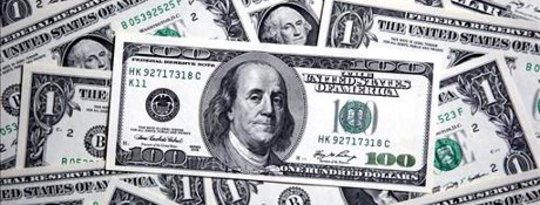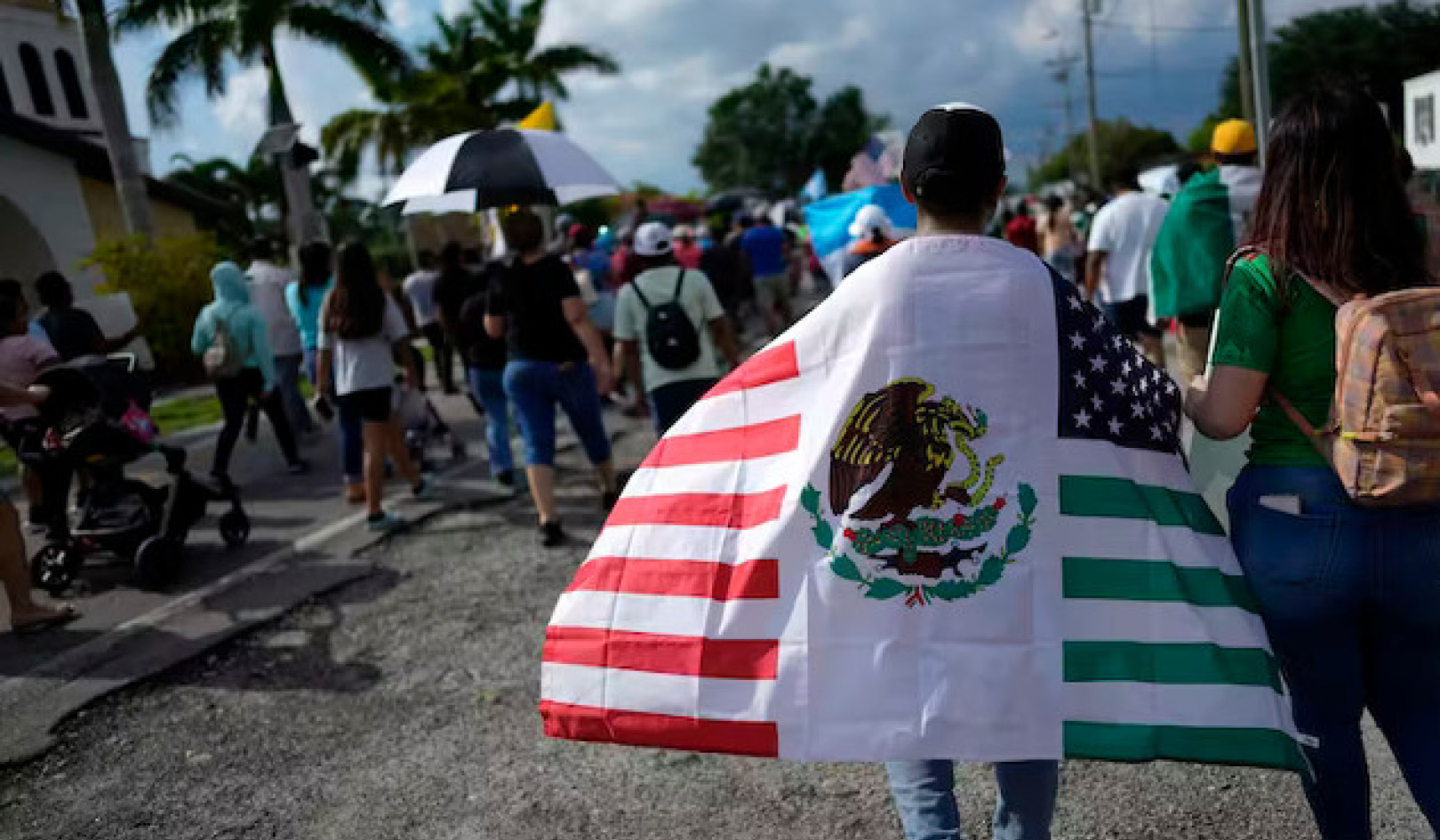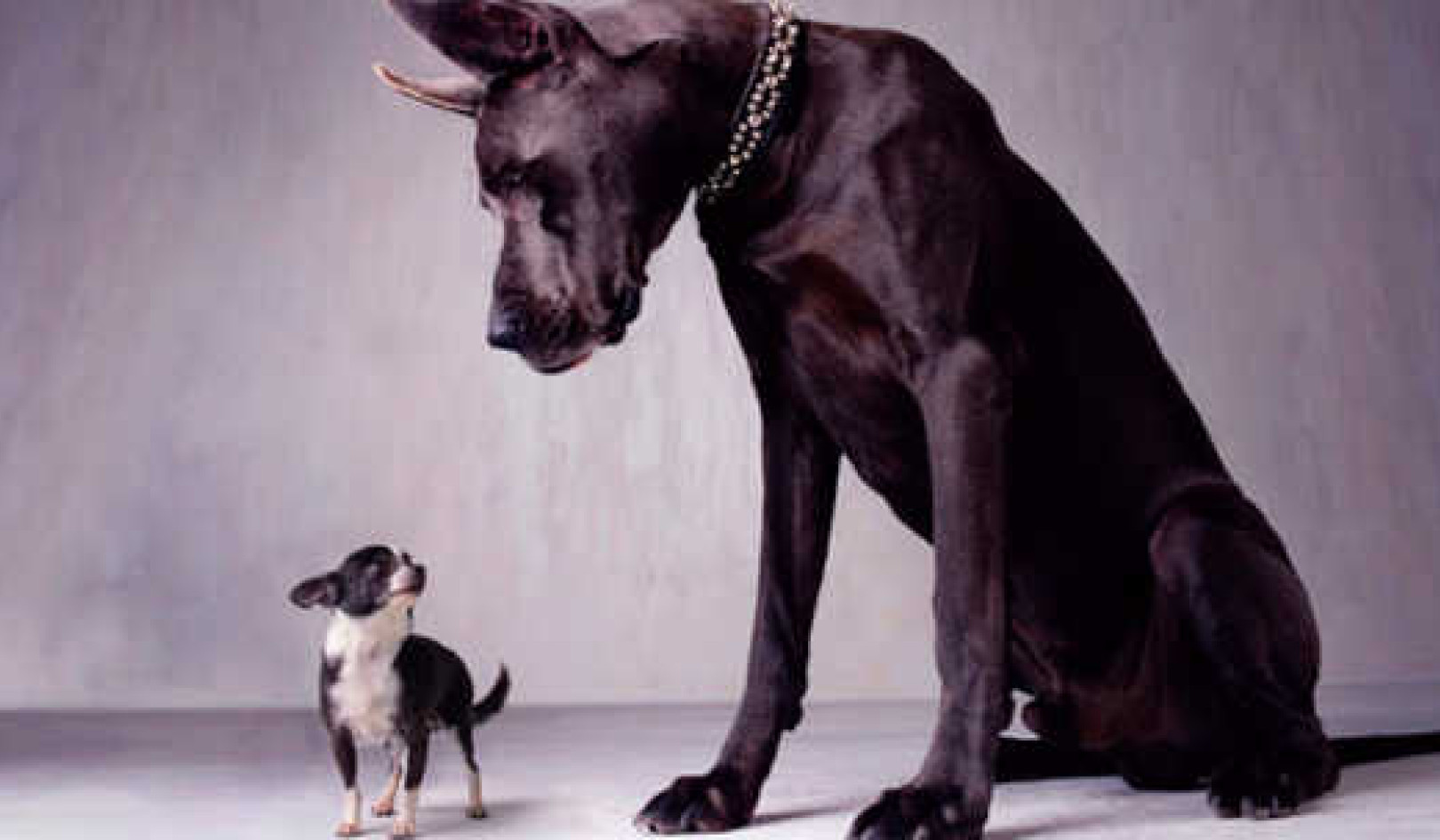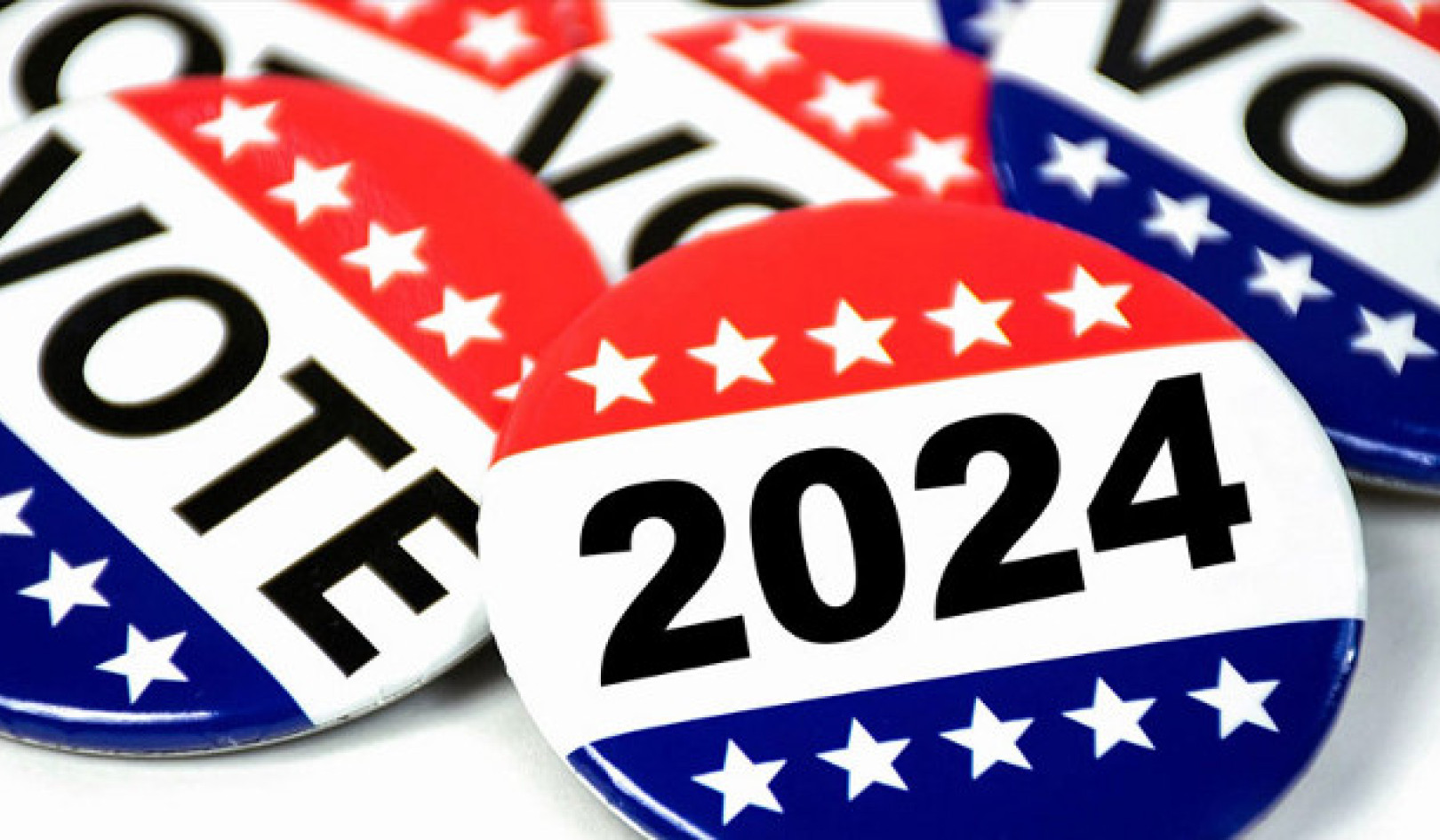
Money is power. Perhaps more than any generation that has come before us, we understand the deeply-rooted reality of this short phrase and its universal meaning for every human being living on this planet.
It follows that wherever large amounts of money collect, so also new centers of power form. The latest historical manifestation of this is the modern corporation. As trillions of dollars accumulate in the corporate sphere, we witness the growing power of corporations to shape the world as they see fit.
THE PROBLEM: The New Power Centers are not Democracies
This power is not limited to controlling the face of our own government through consistent, record-breaking, campaign contributions, but also the fate of millions of people and the planet itself through jobs, resource exploitation, pollution, working conditions, energy consumption, forest destruction, and so on.
Make no mistake, these new power centers are not democracies. We don't vote for the CEO's or their policies (unless we are rich enough to be significant shareholders, who are informed enough to know what's going on, and compassionate enough to care about more than just personal profit), yet our destinies are increasingly in their hands.
THE SOLUTION: Using Every Dollar You Spend as a Vote
 As these power centers shift, we must shift our own voices if we wish to be heard. As citizens, on average, we might vote once every four years, if at all. As consumers, we vote every single day with the purest form of power...money. The average American family spends around $18,000 every year on goods and services. Think of it as casting 18,000 votes every year for the kind of world you want to live in.
As these power centers shift, we must shift our own voices if we wish to be heard. As citizens, on average, we might vote once every four years, if at all. As consumers, we vote every single day with the purest form of power...money. The average American family spends around $18,000 every year on goods and services. Think of it as casting 18,000 votes every year for the kind of world you want to live in.
Unfortunately, as difficult as it is to find good, solid information on candidates during an election year, it's often even harder to find good, solid information on corporations. Our current laws are so lax, that half of the time we can't even figure out which brands belong to which companies (they don't have to tell us), much less have any idea of what their business practices look like.
For the past decade, I've dedicated myself to researching this very problem by compiling a database of every reliable source of information available on corporate behavior, and synthesizing the information into a single report card grade for every company. The result is this book. Use it to reclaim your true vote. Use it to build a better world.
THE ISSUES: Where and How You Can Make a Difference with Your Shopping Dollars
- HUMAN RIGHTS: sweatshops, third-world community exploitation, international health issues, economic divestment, child labor, worker health & safety records, union busting, fair wages, fatalities, democratic principles.
- THE ENVIRONMENT: global warming, toxic waste dumping, rainforest destruction, pollution, recycling, renewable energy, ecoinnovations, sustainable farming, greenwashing, resource conservation.
- ANIMAL PROTECTION: humane treatment, animal testing, utilization of alternatives, factory farming, animal habitat preservation, sustainable harvesting, ecosystem impacts.
- COMMUNITY INVOLVEMENT: volunteer efforts, local business support, sustainable growth, family farms, donations, nonprofit alliances, campaign contributions, paid lobbyists, political corruption.
- SOCIAL JUSTICE: class action lawsuits, unethical business practices, government fines, cover-ups, illegal activities, transparency, harassment, discrimination based on race, gender, age, sexuality, ability, religion, ethnicity.
©2012 by Ellis Jones. All Rights Reserved.
Reprinted with permission of the publisher,
New Society Publishers. http://newsociety.com
This article was adapted with permission from the book:
The Better World Shopping Guide: Every Dollar Makes a Difference
by Ellis Jones.
 Now in its fourth edition, The Better World Shopping Guide is the most comprehensive guide available for socially and environmentally responsible consumers. Drawing on over 25 years of research, this perennial bestseller rates every product on the shelf from A to F so you can quickly tell the "good guys" from the "bad guys" — turning your grocery list into a powerful tool to change the world. Drawing on decades of meticulous research, this completely revised and updated fourth edition will help you find out which companies actually "walk the talk" when it comes to: Environmental sustainability; Human rights; Community involvement; Animal protection; Social justice. Small enough to fit in a back pocket or handbag and organized in a user-friendly format, The Better World Shopping Guide will help you change the world as you shop.
Now in its fourth edition, The Better World Shopping Guide is the most comprehensive guide available for socially and environmentally responsible consumers. Drawing on over 25 years of research, this perennial bestseller rates every product on the shelf from A to F so you can quickly tell the "good guys" from the "bad guys" — turning your grocery list into a powerful tool to change the world. Drawing on decades of meticulous research, this completely revised and updated fourth edition will help you find out which companies actually "walk the talk" when it comes to: Environmental sustainability; Human rights; Community involvement; Animal protection; Social justice. Small enough to fit in a back pocket or handbag and organized in a user-friendly format, The Better World Shopping Guide will help you change the world as you shop.
Click here for more info and/or to order this book.
About the Author
 Ellis Jones, PhD, is the award-winning, best-selling author of The Better World Shopping Guide and The Better World Handbook. A scholar of social responsibility, global citizenship, and ethical consumerism, Ellis has dedicated himself to uncovering practical ways for people to make a difference in the world. He currently teaches in the Department of Sociology at Holy Cross College. http://betterworldshopper.org/
Ellis Jones, PhD, is the award-winning, best-selling author of The Better World Shopping Guide and The Better World Handbook. A scholar of social responsibility, global citizenship, and ethical consumerism, Ellis has dedicated himself to uncovering practical ways for people to make a difference in the world. He currently teaches in the Department of Sociology at Holy Cross College. http://betterworldshopper.org/






















